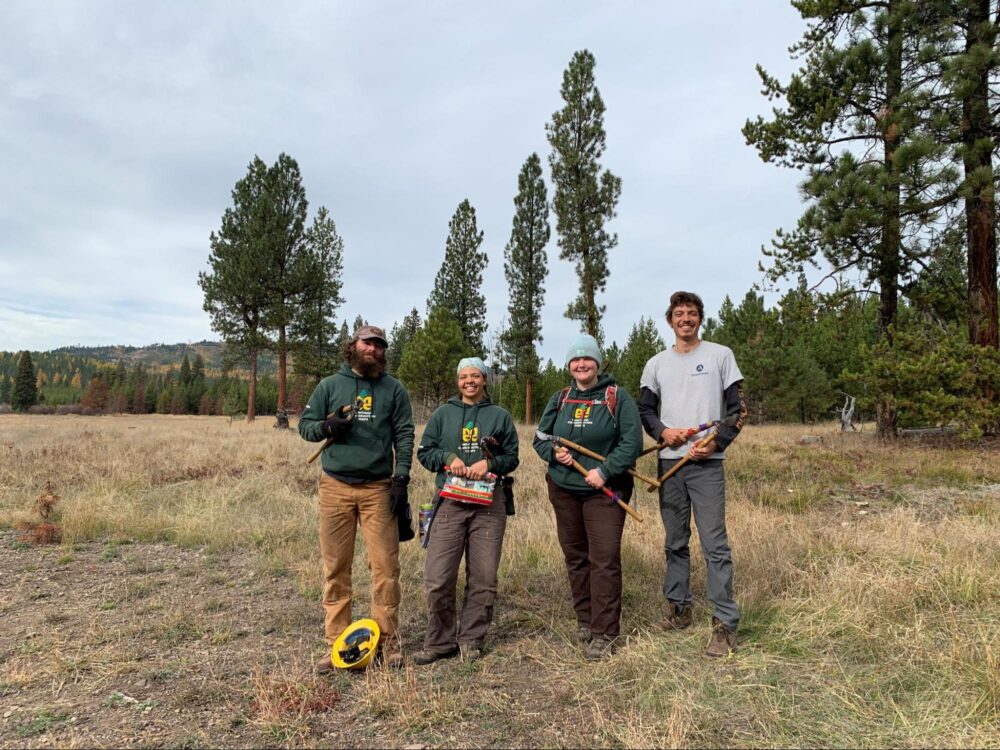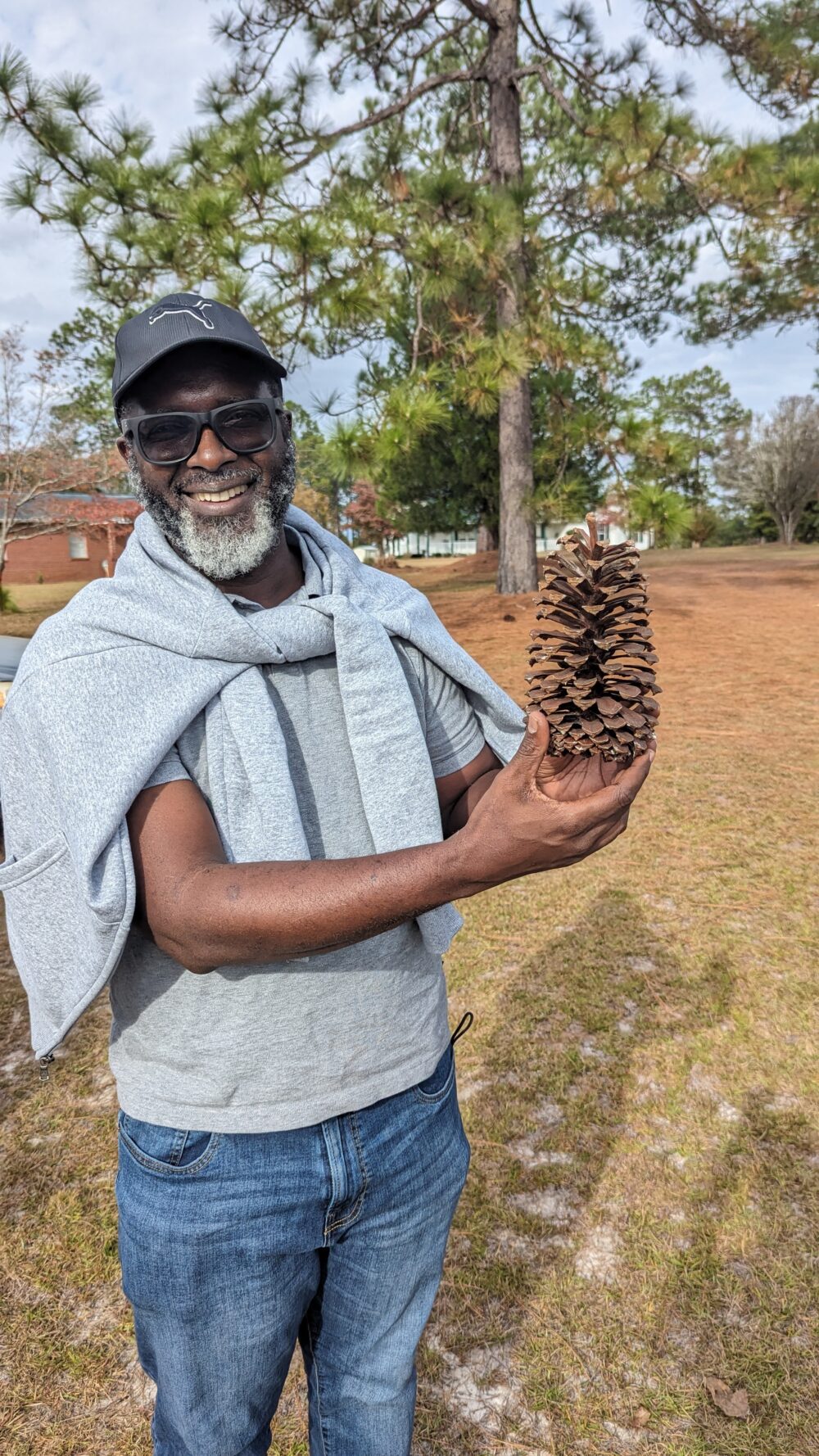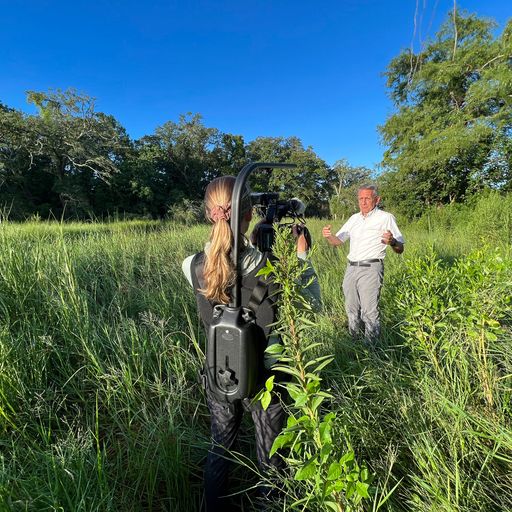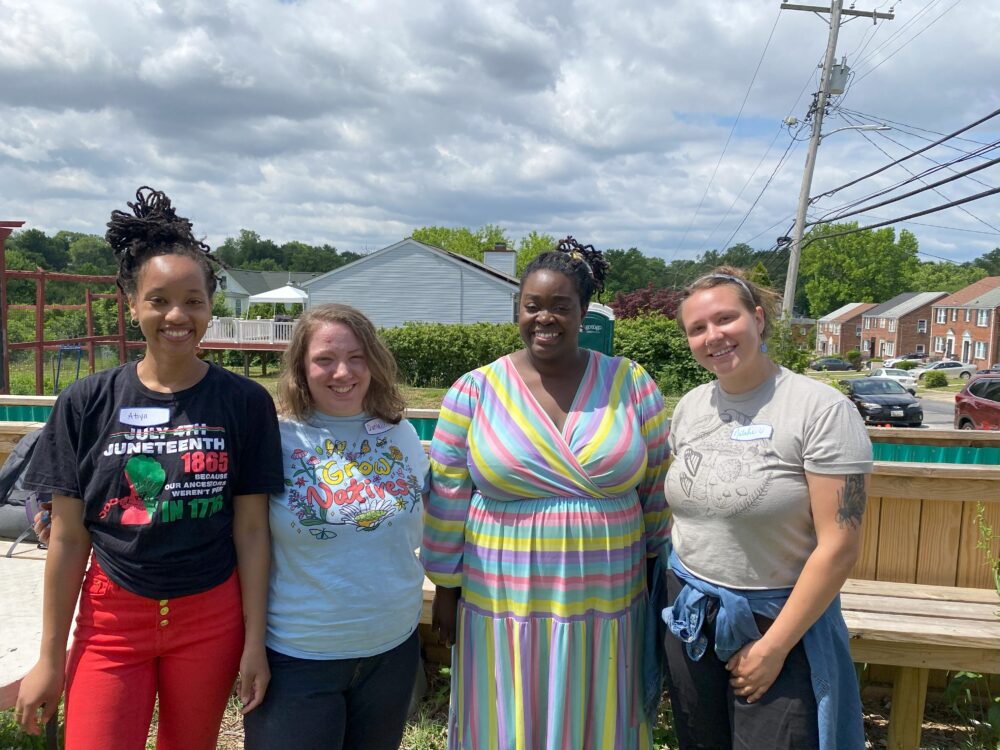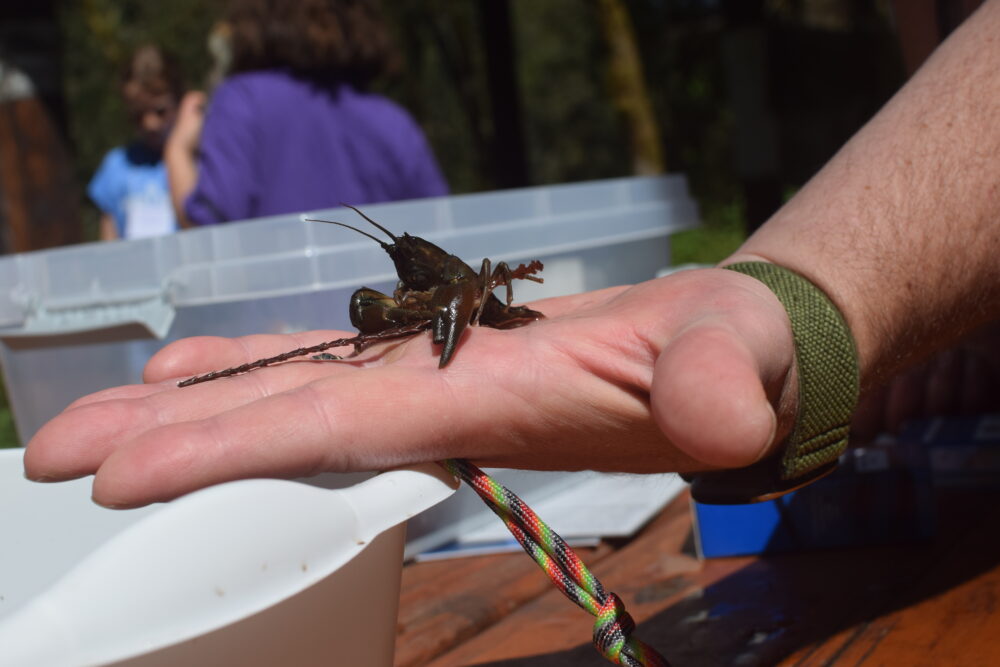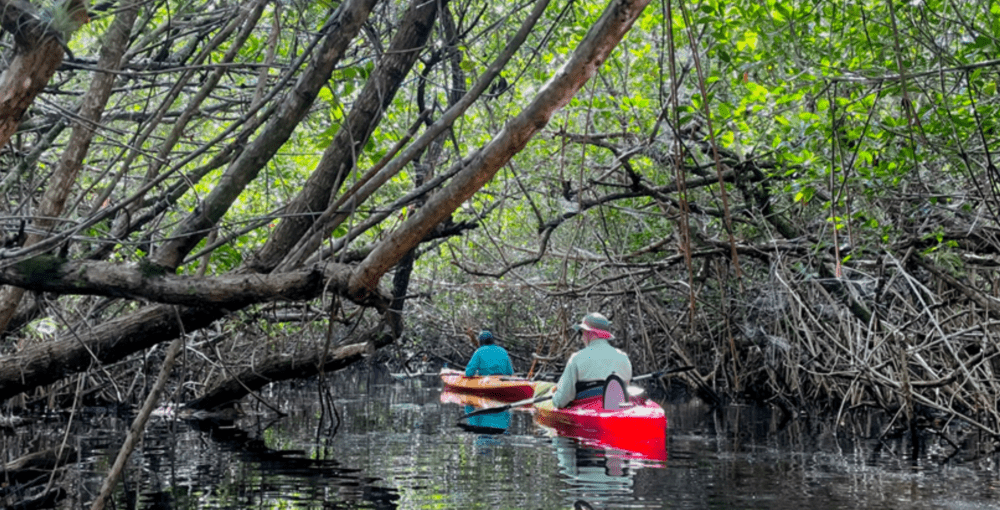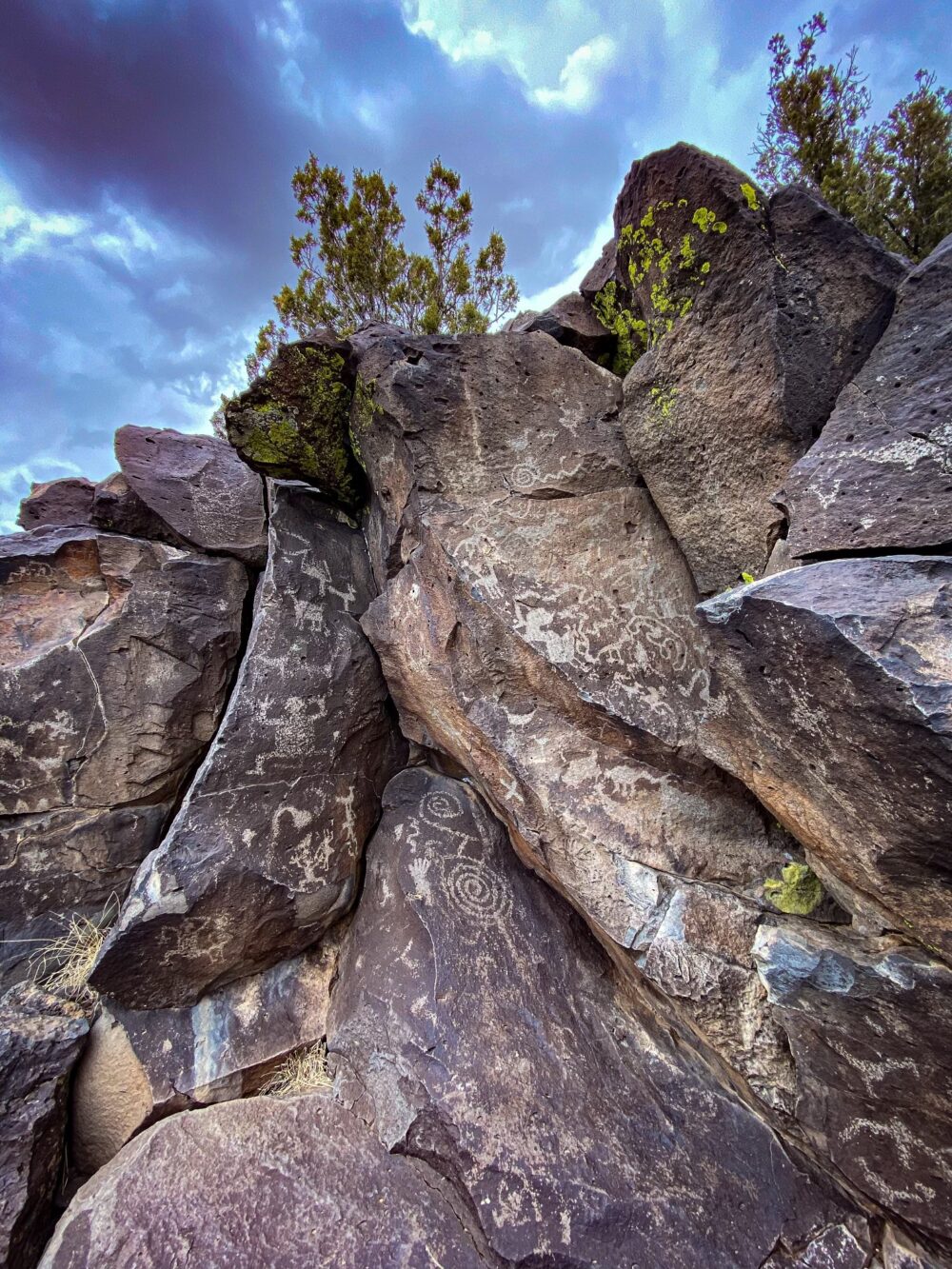We have much more to do and your continued support is needed now more than ever.
For Wildlife Garden Month: Thoreau’s Thoughts on Trees

Here at NWF we are celebrating Garden for Wildlife Month, because May is perfect for making home gardens into wildlife havens. Even if your garden is only a window box, you can find ways to turn it into a stopping place for wild creatures, such as hummingbirds.
The ideal wildlife garden uses native plants, which are adapted to local conditions, so replacing nonnative ornamentals with native plants species is a good first step. When you have made your garden or backyard into a wildlife haven, you can join NWF’s Certified Backyard Wildlife Habitat program.
Gardening for wildlife is all about appreciating the links between living things—between earth, water, plants and animals—and about valuing the natural world. In celebration of Garden for Wildlife Month, NWF will plant one tree for each new backyard certification and, in doing so, hopes to plant 7,500 trees in recognition of NWF’s 75th anniversary as a leading U.S. conservation group.
This focus led me to wonder what Henry David Thoreau, perhaps the consummate observer of U.S. nature, had to say about key players in many wild gardens—trees. Here are five comments from the oracle of Concord, Massachusetts (and NWF Conservation Hall of Fame honoree), penned decades before Joyce Kilmer informed us that no poem is lovely as a tree:
-
Nothing stands up more free from blame in this world than a pine tree. (Journal, December 20, 1851)
- If a man walk in the woods for love of them half of each day, he is in danger of being regarded as a loafer; but if he spends his whole day as a speculator, shearing off those woods and making earth bald before her time, he is esteemed an industrious and enterprising citizen. As if a town had no interest in its forests but to cut them down! (Life Without Principle)
- I do not know but a pine wood is as substantial and as memorable a fact as a friend. I am more sure to come away from it cheered, than from those who come nearest to being my friends. (Journal, December 17, 1851)
- Well may the tender buds attract us at this season, no less than partridges, for they are the hope of the year, the spring rolled up. The summer all packed in them. (Journal, January 12, 1855)
- Many large trees, especially elms, about a house are a surer indication of old family distinction and worth than any evidences of wealth. Any evidence of care bestowed on these trees secures the traveler’s respects as for a nobler husbandry than the raising of corn and potatoes. (July 2, 1851)
Bonus quote: I have been into the lumber-yard, and the carpenter’s shop, and the tannery, and the lampblack factory, and the turpentine clearing; but when at length I saw the tops of the pines waving and reflecting the light at a distance high over all the rest of the forest, I realized that the former were not the highest use of the pine. It is not their bones or hide or tallow that I love most. It is the living spirit of the tree, not its spirit of turpentine, with which I can sympathize, and which heals my cuts. It is as immortal as I am, and perchance will go to as high a heaven, there to tower above me still. (The Maine Woods)
[The photos associated with this blog were donated by competitors in the annual National Wildlife Photo Contest. If you are a nature photographer, you may want to participate this year in the 41st annual National Wildlife Photo Contest. In addition to cash awards, winning photos will appear in National Wildlife magazine and on the NWF website.)












